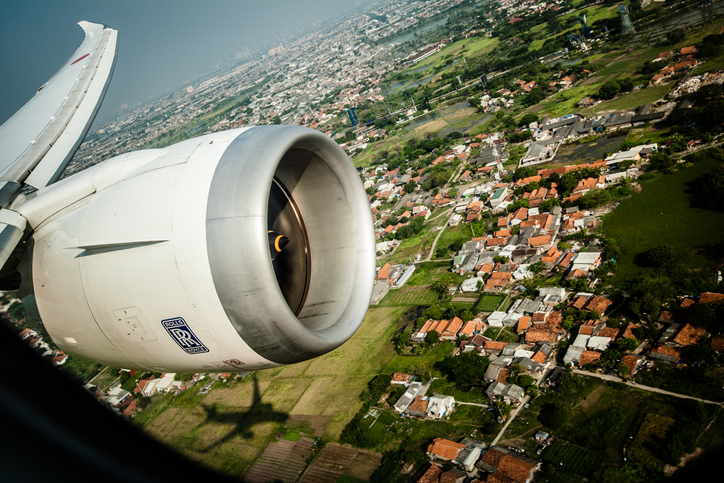ii view: Rolls-Royce reports big loss
Cash burn and increasing debt is placing this aero engine-maker’s finances under growing scrutiny.
1st September 2020 11:23
by Keith Bowman from interactive investor
Cash burn and increasing debt is placing this aero engine-maker’s finances under growing scrutiny.

First-half results to 30 June 2020
- Adjusted revenue down 24% to £5.56 billion
- Operating loss of £1.67 billion, down from a profit of £203 million
- A total loss including one-off costs of £5.4 billion
- No interim dividend payment
- Debt of £1.7 billion, down from cash of £1.4 billion
Guidance:
- Full-year revenue expected to be down around 25% to 30%
- Full-year net debt expected to be around £3.5 billion, down from net cash of £1.4 billion
Chief executive Warren East said:
"We ended 2019 with good operational and financial momentum. However, the Covid-19 pandemic has significantly affected our 2020 performance, with an unprecedented impact on the civil aviation sector with flights grounded across the world. We have responded rapidly to increase our liquidity, with £6.1 billion at the end of H1 and a further £2 billion term loan agreed in H2, to help weather the continued uncertainty around the timing and shape of the recovery in the civil aviation sector.
"We have made significant progress with our restructuring, which includes the largest reorganisation of our Civil Aerospace business in our history. This restructuring has caused us to take difficult decisions resulting in an unfortunate but necessary reduction in roles. These actions will significantly reduce our cost base, which combined with recovery in Power Systems and continued resilience in Defence, will help us to deliver significantly improved returns as the world recovers from the pandemic."
ii round-up:
Rolls-Royce (LSE:RR.) products include aircraft engines and marine propulsion systems.
Its customer base totals more than 400 airline and leasing customers, 160 armed forces, 70 navies, and more than 5,000 power and nuclear customers.
It operates across the three divisions of civil aerospace, power systems and defence.
For a round-up of recent half-year results, please click here.
ii view:
The grounding of aircraft powered by its engines during the Covid-19 crisis is hitting Rolls Royce hard. The civil aerospace engine business accounted for just over half of group revenues in 2019. Rolls is paid by its airline customers depending on how many hours its engines fly. Airlines globally are also cancelling new aircraft deliveries, hitting demand for new engines.
Grounded aircraft engines resulted in first-half cash burn of £2.8 billion. A further £1 billion of cash burn is expected in the second half. As such, a previous cash position of £1.4 billion has now fallen to net debt of £1.7 billion. With the outlook for travel under the pandemic remaining highly uncertain, analysts now fear that group debt will continue to increase sharply.
For investors, management is taking action. A major restructuring of the company is underway, with savings of £1 billion of cash costs targeted during 2020. But management’s own debt projections suggest more will need to be done. Business disposals at what will clearly be a tough time to achieve a good price are now being considered. Investors would also rather see Rolls keep some of the businesses earmarked for sale. In all, while a more than halving of the share price since the start of the year factors in some of the ongoing bad news, Rolls Royce shares are now arguably only for high-risk investors.
Positives:
- Diversity of product and geographical end-markets
- Up to £1 billion of 2020 cost savings on target
Negatives:
- Balance sheet under pressure
- Highly uncertain outlook due to Covid-19
The average rating of stock market analysts:
Hold
These articles are provided for information purposes only. Occasionally, an opinion about whether to buy or sell a specific investment may be provided by third parties. The content is not intended to be a personal recommendation to buy or sell any financial instrument or product, or to adopt any investment strategy as it is not provided based on an assessment of your investing knowledge and experience, your financial situation or your investment objectives. The value of your investments, and the income derived from them, may go down as well as up. You may not get back all the money that you invest. The investments referred to in this article may not be suitable for all investors, and if in doubt, an investor should seek advice from a qualified investment adviser.
Full performance can be found on the company or index summary page on the interactive investor website. Simply click on the company's or index name highlighted in the article.